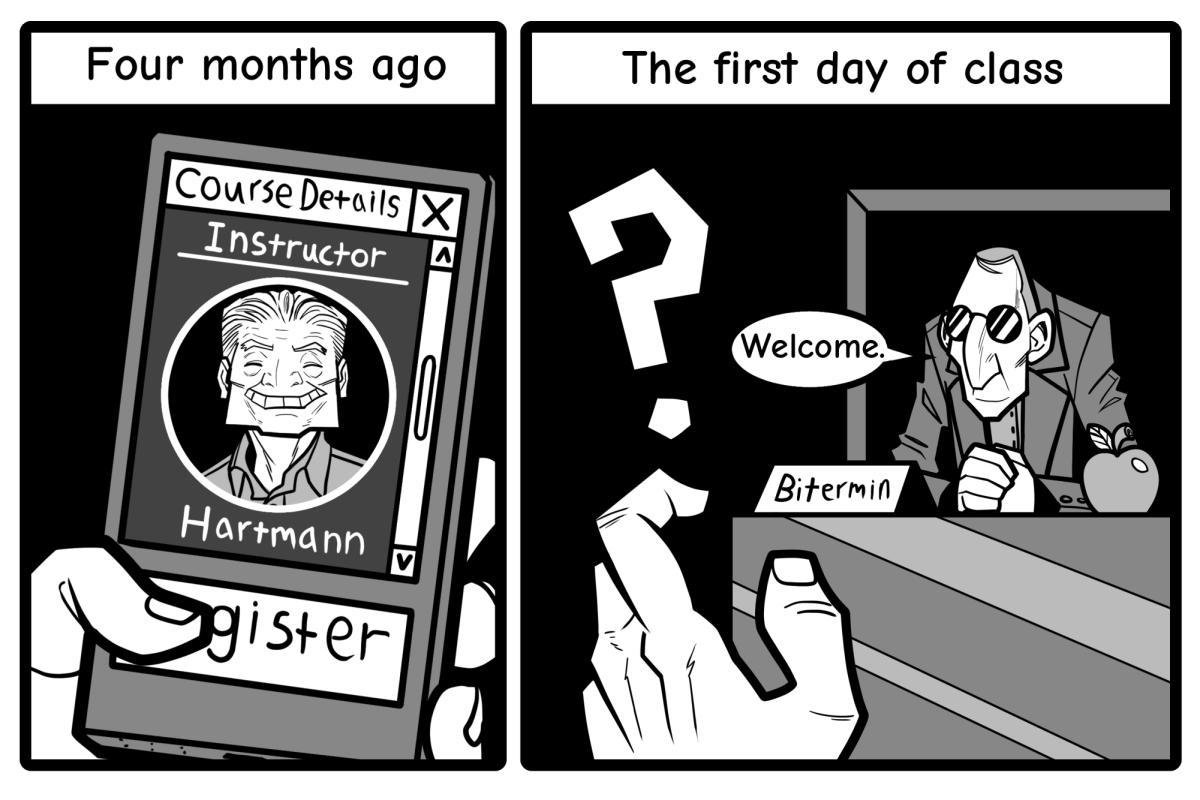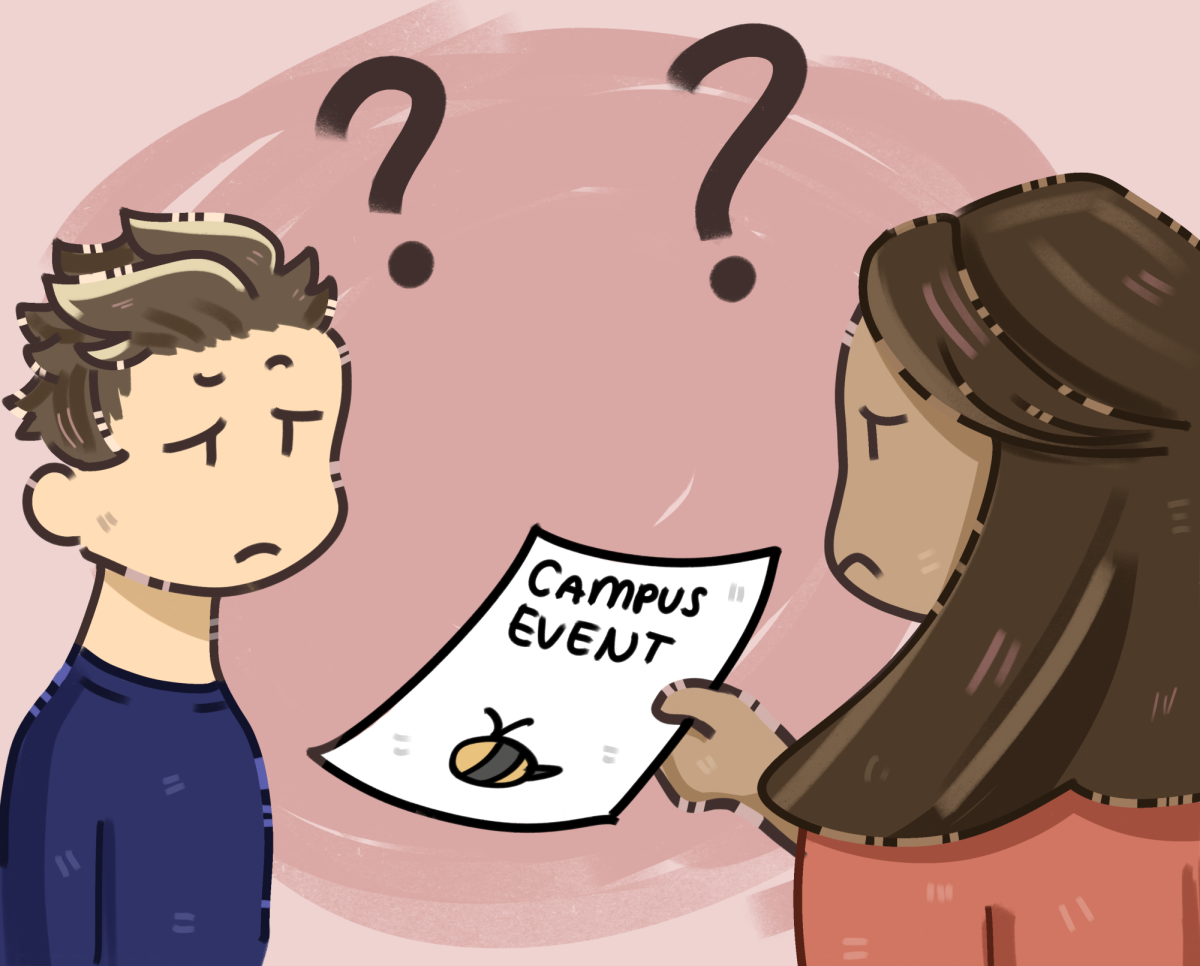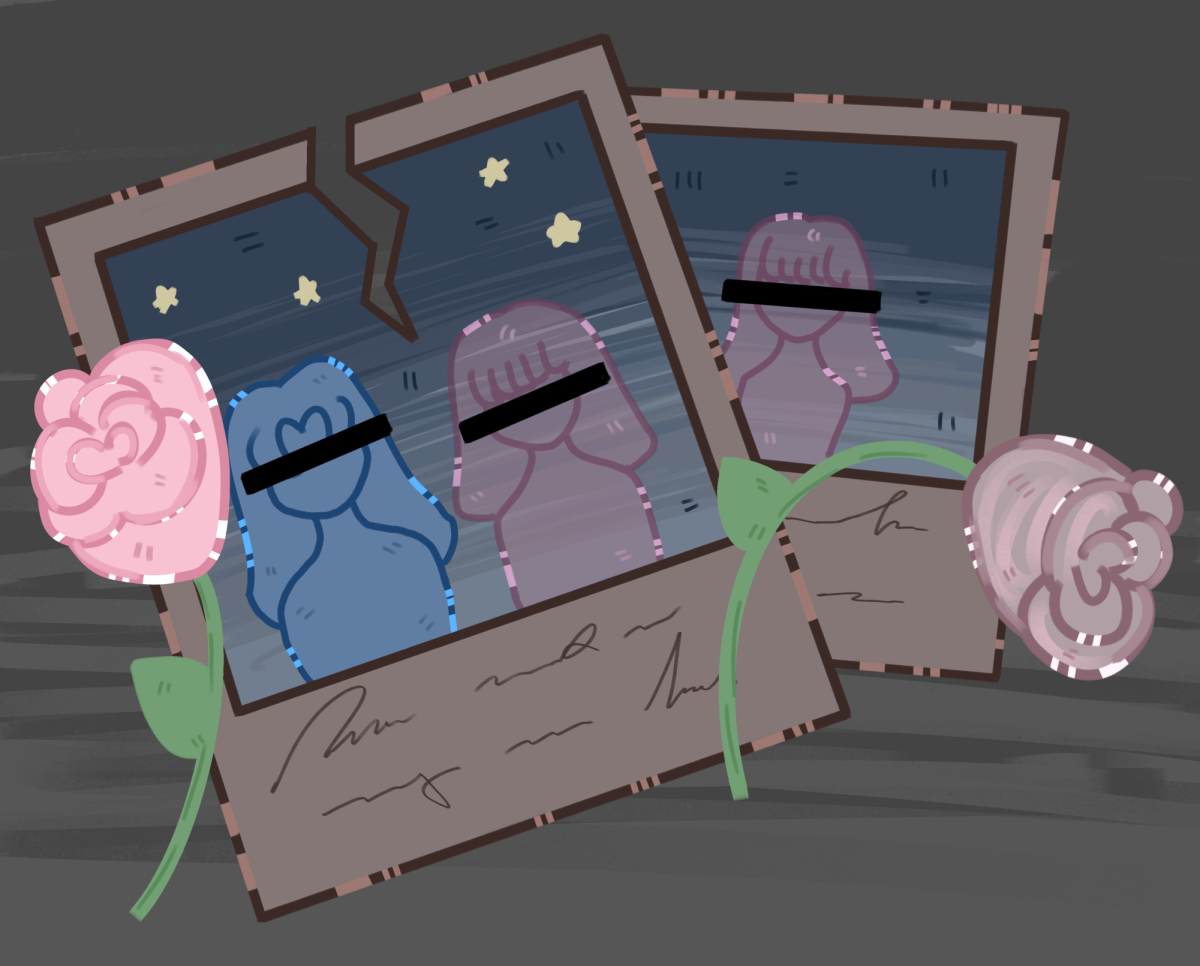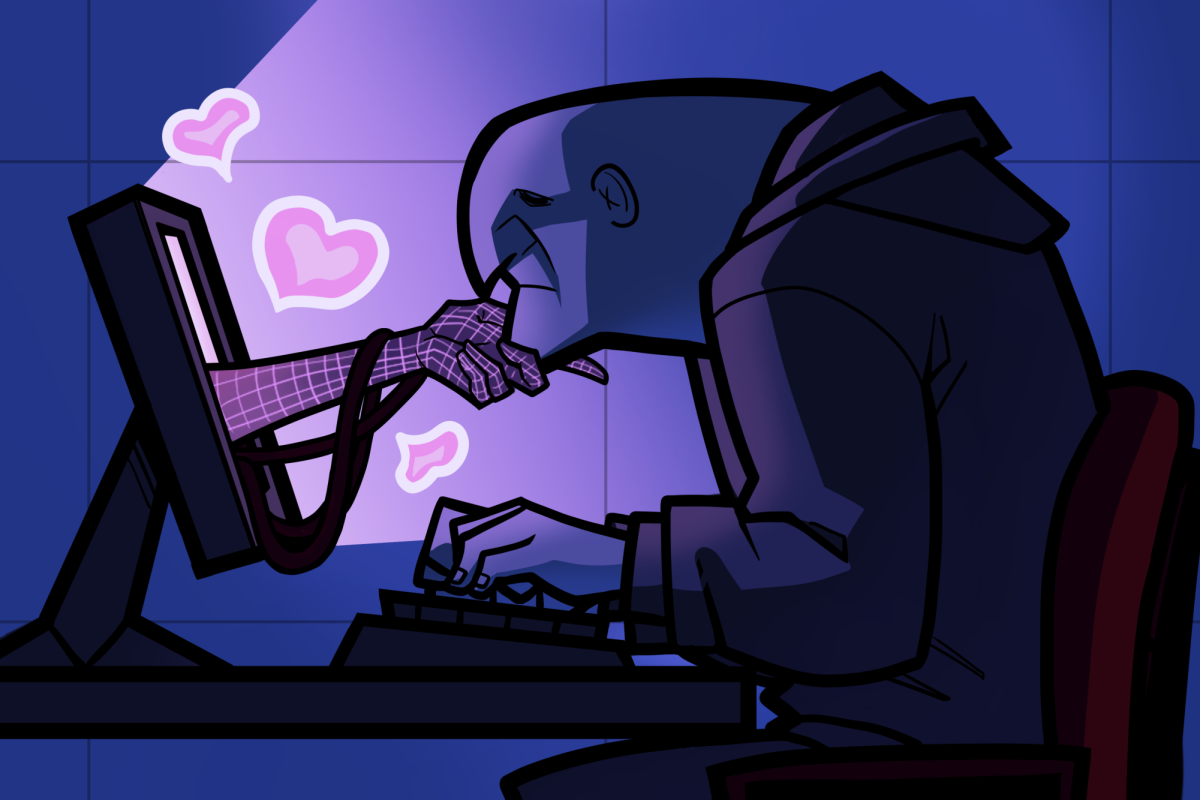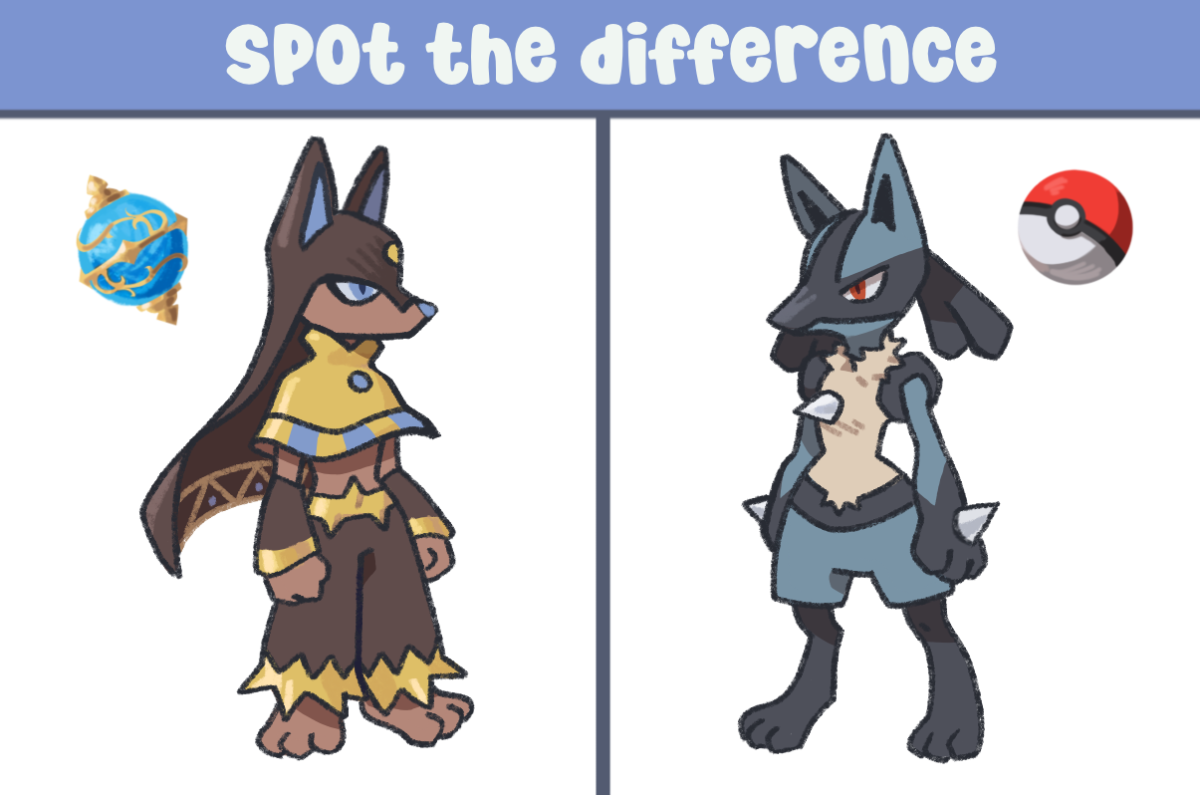By Caitlin Piper
I was 8 years old when I first convinced myself I was going to hell.
It was through no fault of my family, who — despite being staunchly Catholic — were consistently supportive of me. Nor could it be blamed on the priests and nuns whom I would visit every week, as they favored preaching the love and mercy of Christ over the usual fire-and-brimstone scenarios that would run through my mind countless times each day.
Rather, this baseless fear was my own invention. It began as a series of unorganized and intrusive questions. If my mind wandered during Mass, would I be damned for ignoring the word of God? If I sinned and took Communion without first going to Confession, would God be angry, or — more absurdly — would the Body of Christ lose its power and make me sick?
As I grew older, things grew a little more complicated. If I could neither prove nor disprove the existence of a supreme being, which would be the correct path: Christianity, atheism or some other religion? How could I be absolutely certain that my prayers were being heard? How could I be sure they were entirely sincere? Would I anger God if I didn’t put my heart into every prayer?
I had always hated uncertainty, and how could I ever be sure of something when most of my identity was built around religion — something that is, by its very definition, the supreme example of unflinching faith?
Over time, I invented my own rituals to dispel the “power” of these thoughts. If I felt I angered God, I would pray, sometimes for hours, begging for forgiveness.
For a period of about three years, I never took off a small silver crucifix that I had won in a church gift exchange, convinced that it would help keep the thoughts away.
When the chain finally broke and the crucifix was lost one summer break, I couldn’t leave the house for almost a week.
It sounds completely ridiculous, especially now that I’ve decided that organized religion just isn’t for me, but back then, my fears were the only certainty I had.
So it came as a surprise to absolutely no one when I was formally diagnosed with obsessive-compulsive disorder a few years later. I exhibited several other far more stereotypical traits associated with the disorder, but my self-inflicted experiences with religion had the most lasting effects.
Having lived like this for so long, it always bothers me when I see obsessive-compulsive disorder as it is portrayed in the media.
It seems I can’t go a week without seeing a TV special on OCD that only highlights the bizarre behaviors of people suffering from this illness, rather than the poisonous thoughts that fuel the disorder.
The media chooses to focus on the compulsive without ever acknowledging the obsessive, and I think that’s tragic.
Obsessive-compulsive disorder is built on the illogical and absurd, and I can say with absolute certainty that the thoughts born from the disorder — despite the fact that they are often little more than nonsense — are reality for people living through them.
Simplifying the illness into a series of strange mannerisms will only spread misinformation and stigmatize those who are suffering from it.
Obsessive-compulsive disorder is more than just a fear of germs or a fixation with a certain number. It is more than a series of bizarre, nonsensical compulsions.
Obsessive-compulsive disorder is an obsession that can consume a person’s life. I hope that we as a society can come to acknowledge that someday.
NEWS TICKER



